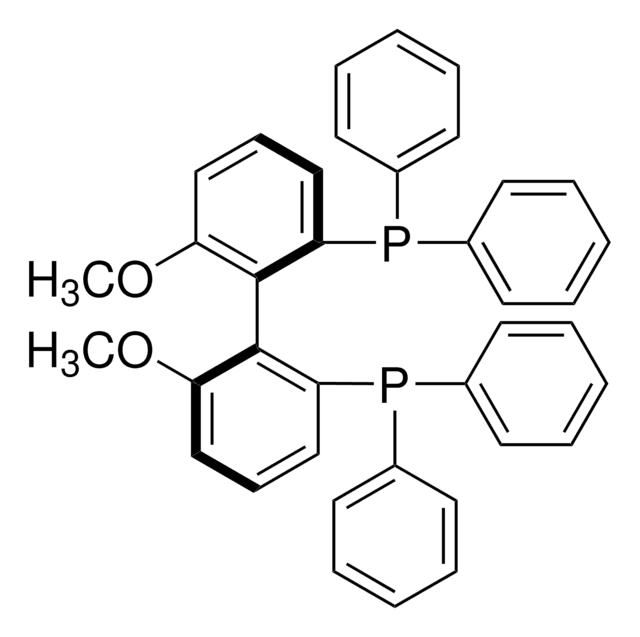916226
Lifeink® 200
neutralized type I collagen bioink, 35 mg/mL
Synonym(s):
3D Bioprinting, Bioink, Collagen
Sign Into View Organizational & Contract Pricing
All Photos(1)
About This Item
UNSPSC Code:
12352201
NACRES:
NA.23
Recommended Products
Quality Level
sterility
sterile; sterile-filtered
form
viscous liquid
concentration
30-45 mg/mL (Collagen concentration)
35 mg/mL
impurities
≤10 EU/mL Endotoxin
color
white to off-white
pH
6.9-7.6
storage temp.
2-8°C
Application
Lifeink(TM) 200 is a collagen based bioink that is suitable for 3D bioprinting using the FRESH printing technique. The recommended printing temperature is at 2-8 °C. It is a 35 mg/ml type I collagen. Lifeink(TM) 200 is composed of pH neutral collagen with physiological salt concentration. The collagen starting material is purified using a controlled manufacturing process. This bioink possesses high print fidelity, shear-thinning, strong mechanical strength, and good cytocompatibility.
Legal Information
Lifeink is a registered trademark of Advanced BioMatrix, Inc.
Signal Word
Warning
Hazard Statements
Precautionary Statements
Hazard Classifications
Met. Corr. 1
Storage Class Code
8A - Combustible corrosive hazardous materials
WGK
WGK 1
Choose from one of the most recent versions:
Certificates of Analysis (COA)
Lot/Batch Number
Don't see the Right Version?
If you require a particular version, you can look up a specific certificate by the Lot or Batch number.
Already Own This Product?
Find documentation for the products that you have recently purchased in the Document Library.
Analysis and Classification of 3-D Printed Collagen-Bioglass Matrices for Cellular Growth Utilizing Artificial Neural Networks
Schmitt T, et al
University Chemistry (2018)
Emerging Business Models Toward Commercialization of Bioprinting Technology.
Balakhovsky Y M, et al.
3D Printing and Biofabrication, 513-533 (2017)
In vivo remodeling of a 3D-Bioprinted tissue engineered heart valve scaffold.
Maxson E L, et al
Bioprinting, 16, e00059-e00059 (2019)
In vivo remodeling of a 3D-Bioprinted tissue engineered heart valve scaffold.
Maxson E L, et al.
Bioprinting, 16, e00059-e00059 (2019)
S Fox et al.
Biomedical materials (Bristol, England), 14(4), 041001-041001 (2019-02-23)
Human autologous bioengineered skin has been successfully developed and used to treat skin injuries in a growing number of cases. In current clinical studies, the biomaterial used is fabricated via plastic compression of collagen hydrogel to increase the density and
Our team of scientists has experience in all areas of research including Life Science, Material Science, Chemical Synthesis, Chromatography, Analytical and many others.
Contact Technical Service




![Exo-2-Naphthyl Kwon [2.2.1] Bicyclic Phosphine](/deepweb/assets/sigmaaldrich/product/structures/324/907/a6c29ce5-9be1-4585-9bfb-6dca8272f6e4/640/a6c29ce5-9be1-4585-9bfb-6dca8272f6e4.png)




